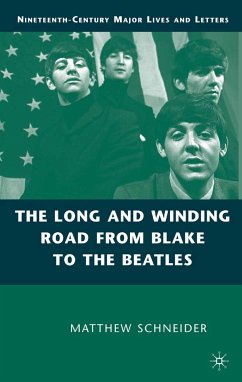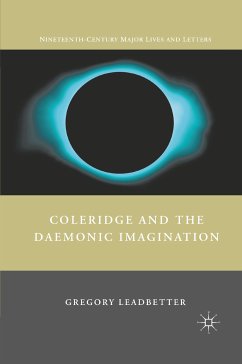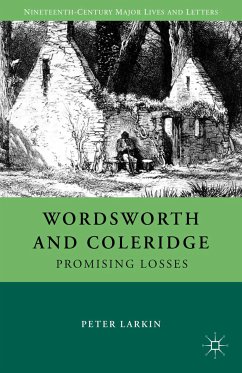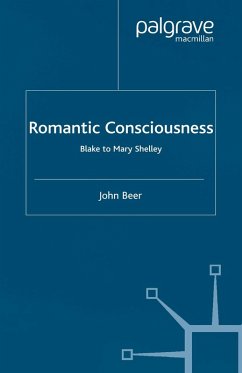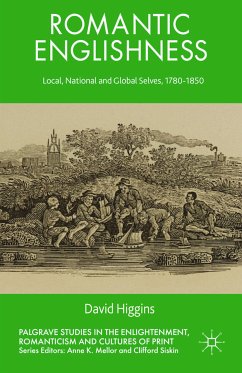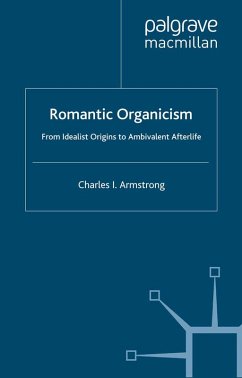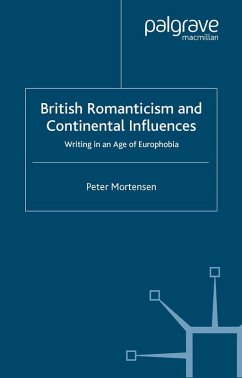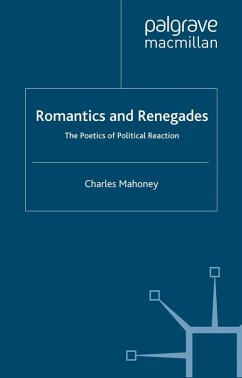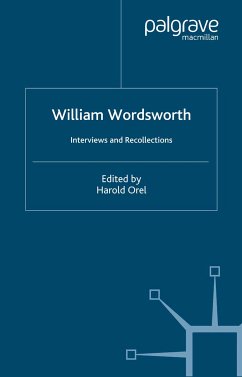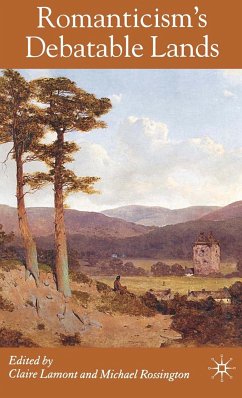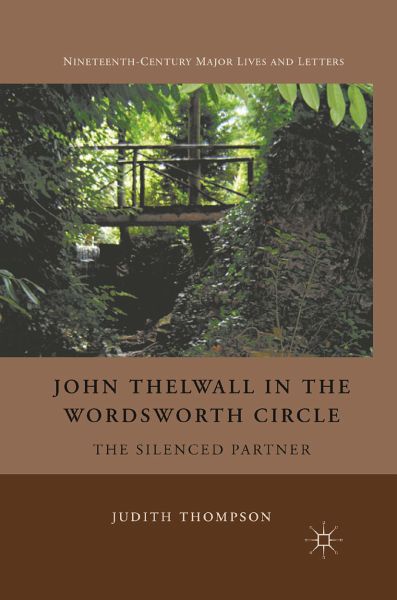
John Thelwall in the Wordsworth Circle (eBook, PDF)
The Silenced Partner
Versandkostenfrei!
Sofort per Download lieferbar
40,95 €
inkl. MwSt.
Weitere Ausgaben:

PAYBACK Punkte
20 °P sammeln!
In this book, Judith Thompson restores a powerful but long-suppressed voice to our understanding of British Romanticism. Drawing on newly discovered archives, this book offers the first full-length study of the poetry of John Thelwallas well as his partnership with Samuel Taylor Coleridge and William Wordsworth.
Dieser Download kann aus rechtlichen Gründen nur mit Rechnungsadresse in A, B, BG, CY, CZ, D, DK, EW, E, FIN, F, GR, HR, H, IRL, I, LT, L, LR, M, NL, PL, P, R, S, SLO, SK ausgeliefert werden.



